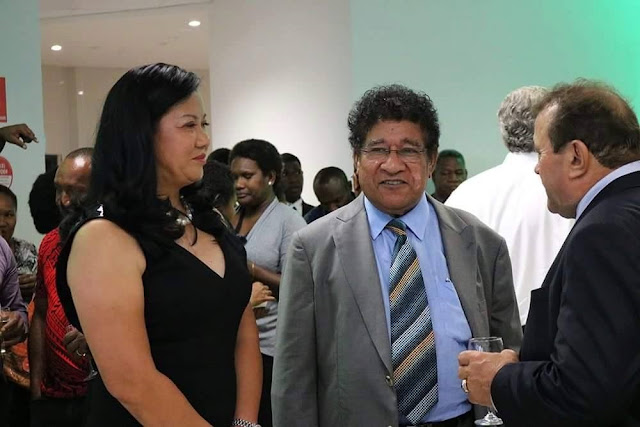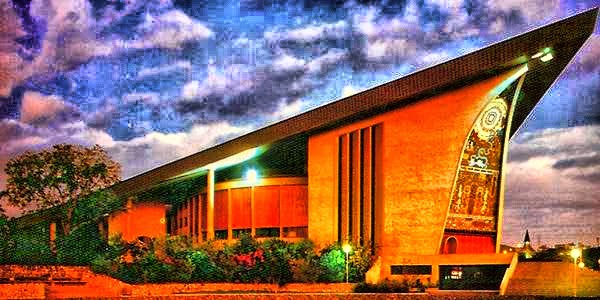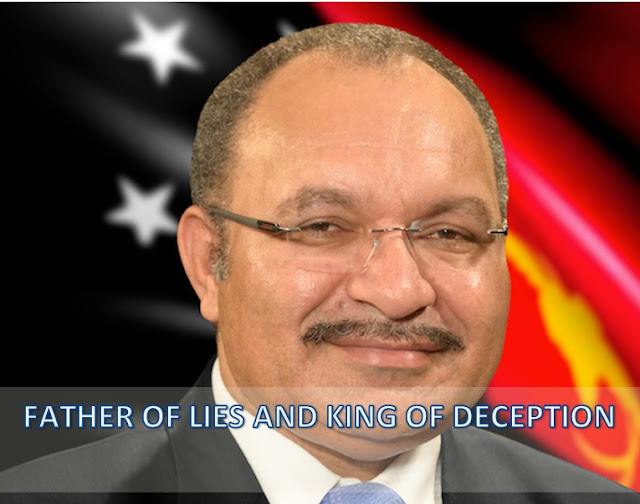SYMBOLIC SLEEZEBAG OF THE CORRUPT PETER O'NEILL REGIME - RIMBINK PATO OF WAPENAMANDA

by SAMSON LENKI WALO The recently published photo of "The Duck" at Jackson's airport, in all his glorious obesity, doing some kind of deal on his mobile phone, may go down in history as a classic, symbolic picture of what Peter O'Neill's government has come to be known for: corruption sleeze and greed. It's not just The Duck's image of uncontrollable gluttony. Examine his history and you will discover that even the harshest interpretations of what that big fat belly represents behind the scenes are no exaggeration. The story of Rimbink Pato is a story that covers more than 20 years. It intertwines in an intriguing way with other notables, including Paul Paraka and former MP Peter Yama of Madang. INTRIGUING INTERRELATED TECHNIQUES OF PATO, YAMA AND PARAKA Let's start with the basics. Rimbink Pato is a lawyer. Not a particularly good lawyer, but one who was determined to get rich. The way Pato got rich, and the wa





